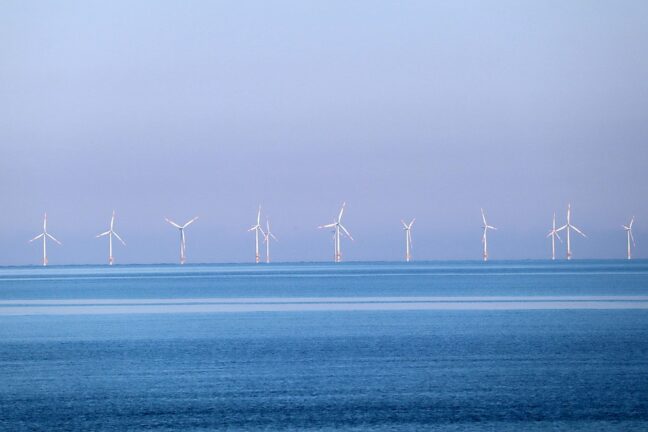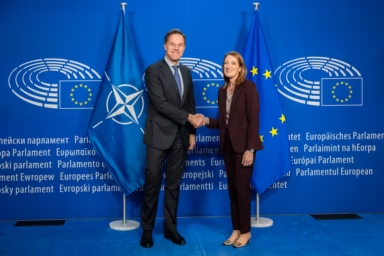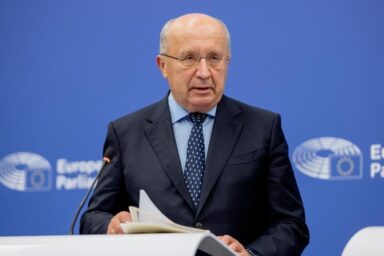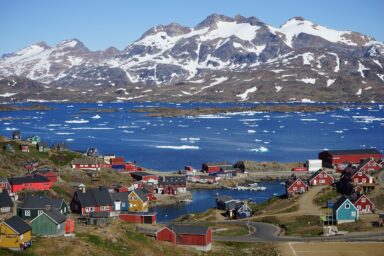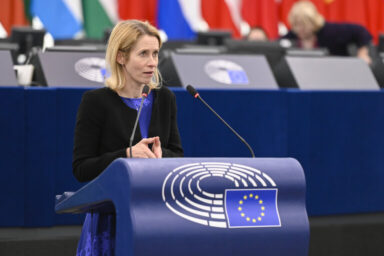Climate action cannot come at the expense of economic competitiveness, but slashing CO2 emissions and sticking to 2040 climate targets remain non-negotiable, Danish climate minister Lars Aagaard told EU lawmakers on Thursday. Addressing the Parliament’s environment committee, he stressed the urgency of unified global efforts ahead of November’s UN Climate Change Conference in Brazil.
“We are talking here on July 15, which is remembrance day for the victims of global climate crisis. Thus, we should think about those who have been lost or gravely affected by the global climate change.” This opening remark by Lars Aagaard, Denmark’s climate minister, set the tone of his presentation at the Parliament’s Committee on the Environment, Climate and Food Safety (ENVI).
People expect us to come with solutions and we need to go the core. Greenhouse gas pollution must be brought down. — Lars Aagaard, Danish Minister for Climate, Energy and Utilities
Mr Aagaard stated a number of times that he was speaking not on behalf of the Danish government, but rather on behalf of the Council of the European Union, the presidency of which Denmark now holds. Still, his speech featured a number of references to Denmark as one of the environmentally most advanced countries in Europe. And he did not hesitate to stress that the Danish Presidency aims to keep the climate agenda high on the list.
“People expect us to come with solutions and we need to go the core. Greenhouse gas pollution must be brought down. We need to have an agreement to set out the 2040 climate goals firmly,” said Mr Aagaard with reference to the climate target recently presented by the Commission.
The minister admitted, however, that climate ambitions must also maintain the link to competitiveness. “Given the unstable geopolitical situation, we as Europeans need to adopt a leading, but also a pragmatic approach,” he declared.
You might be interested
COP30 to become a milestone
The Danish minister also stressed the importance of the upcoming UN Climate Change Conference (COP30). It will take place in November 2025 in Belém, Brazil.
“We will work hand-in-hand with the Commission and the Parliament in order to represent everyone at the COP30. It is important not just for the EU but for all countries that will be there as Europe will be taking the leading role (…) The Conference will show us whether we are on the right track, on the track to meet the 1.5-degree goal,” said Mr Aagaard.
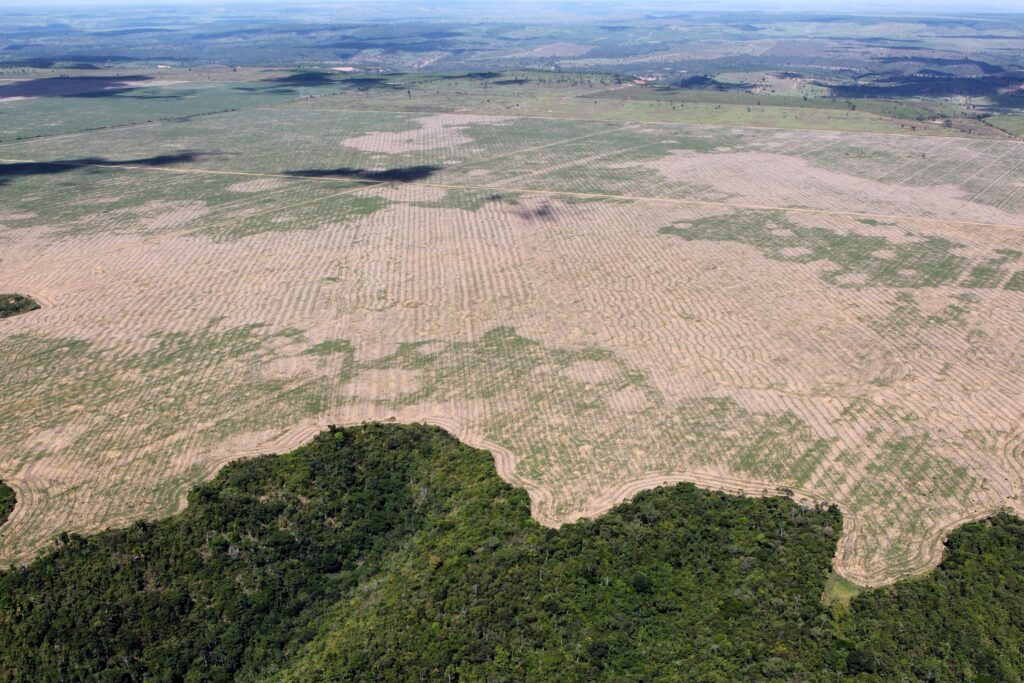
He also mentioned that cooperation with non-EU countries will be crucial at COP30. Europe itself is now a relatively minor source of global pollution, responsible for approximately six per cent of greenhouse emissions. “We need to persuade others to follow our way,” said the minister.
Disinformation on climate change as a growing problem
Part of the ENVI meeting focused on the role of disinformation spread by various actors with the aim to increase doubts around the ongoing climate change. Many speakers called for a coordinated approach to produce necessary responses.
Climate seems to be the topic most attacked by disinformation channels from Russia and elsewhere. — MEP Grégory Allione (Renew/FRA)
“Climate seems to be the topic most attacked by disinformation channels from Russia and elsewhere. We need a deterrence against platforms intentionally spreading lies about climate change. It is a systemic risk,” said MEP Grégory Allione (Renew/FRA).
Not everyone, however, was happy with such an approach. “Anyone who speaks against the climate dogma is going to be silenced (…) Levels of CO2 have fluctuated significantly over the past 200 years. The Commission produces fake studies on climate change and tries to supress people with different opinions,” objected MEP Anja Arndt (ESN/DEU).
A Eurobarometer survey from last month showed that 85% of EU’s citizens identify climate change as a major problem. Support for EU climate policy, according to the survey, remains strong: 81% Europeans back the goal of EU-wide climate neutrality by 2050.
